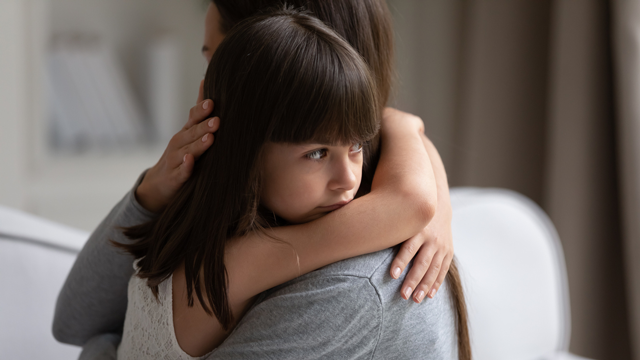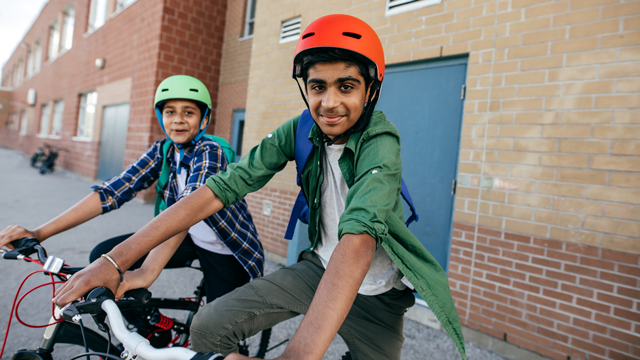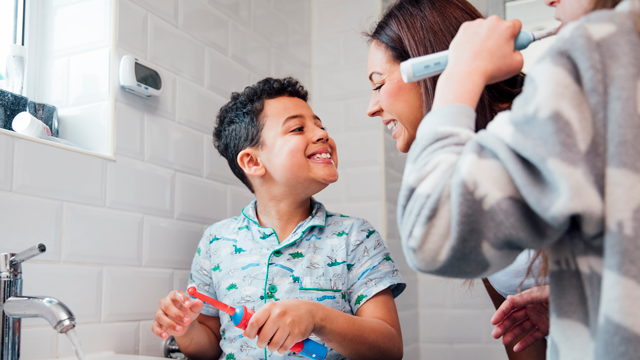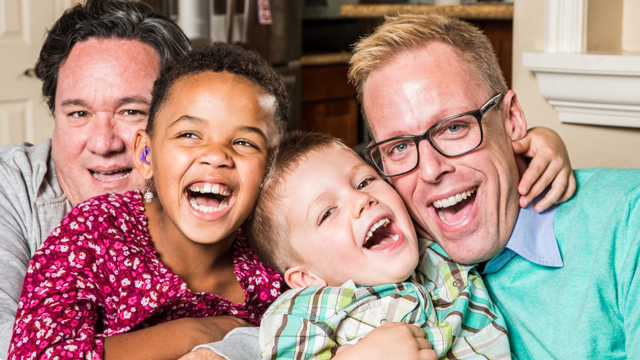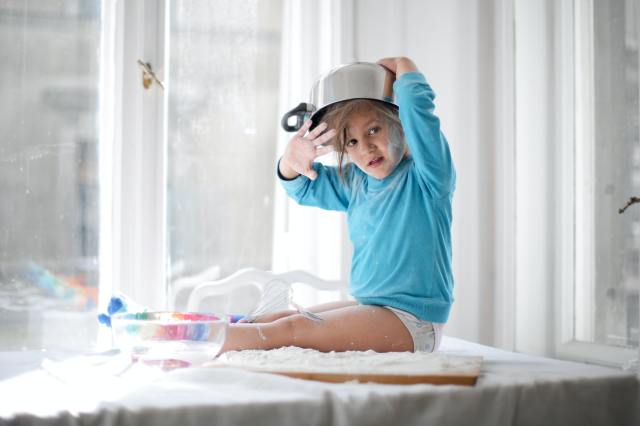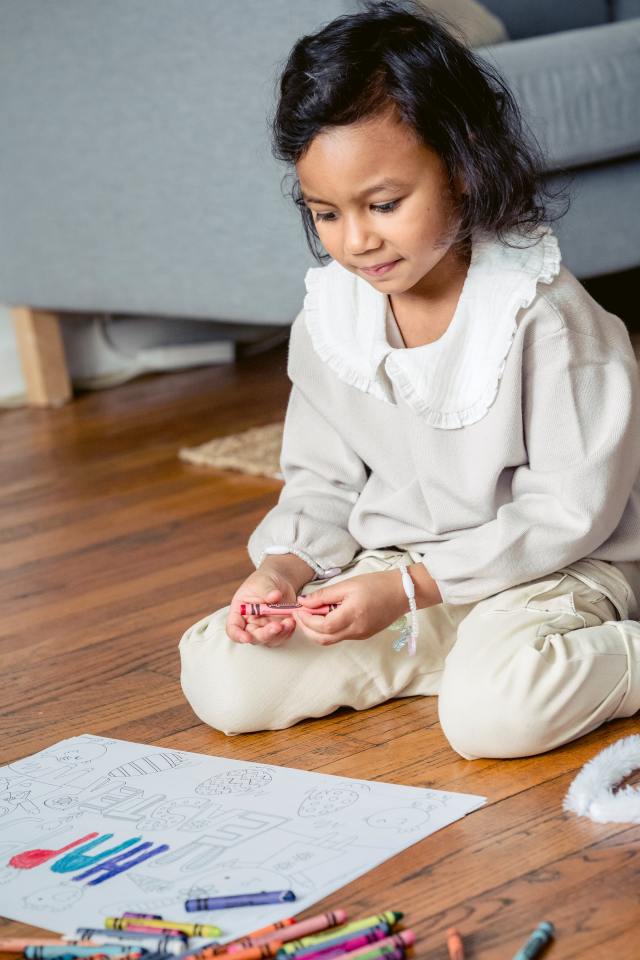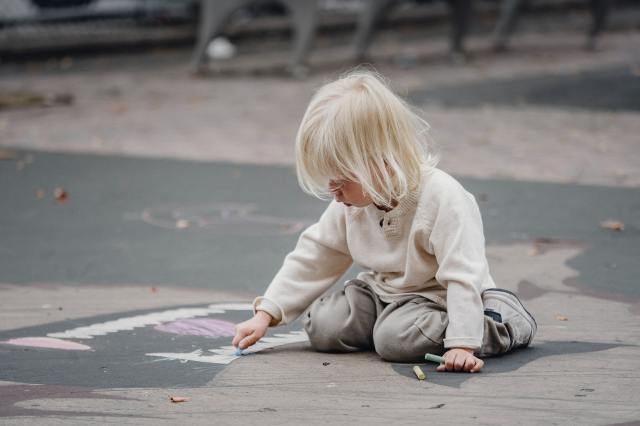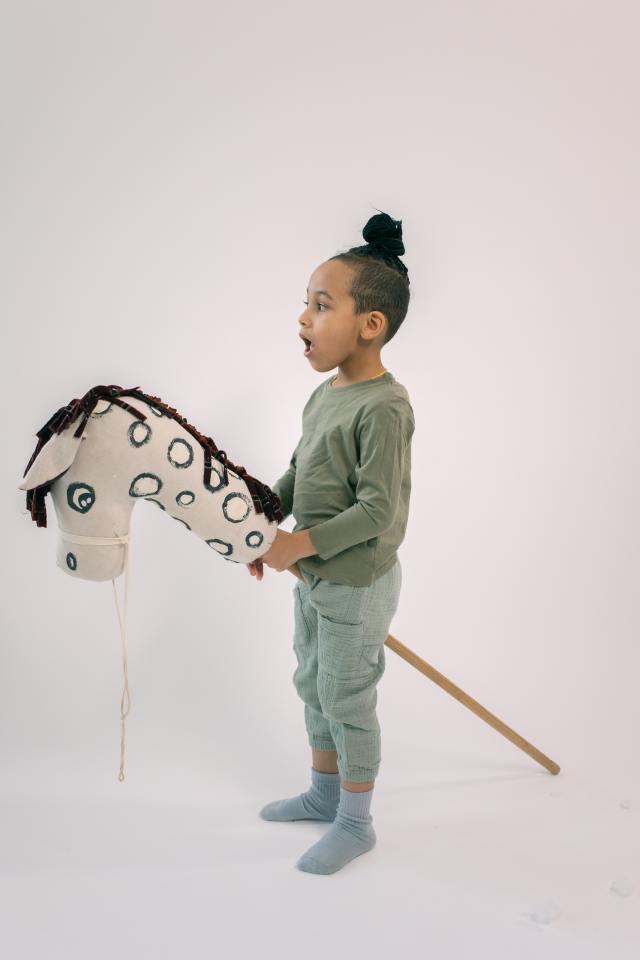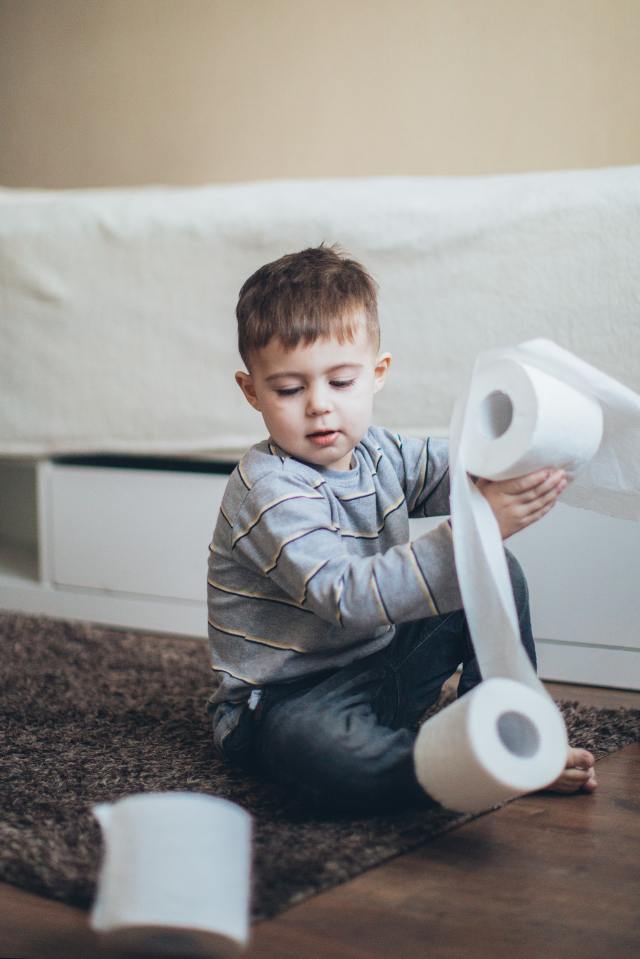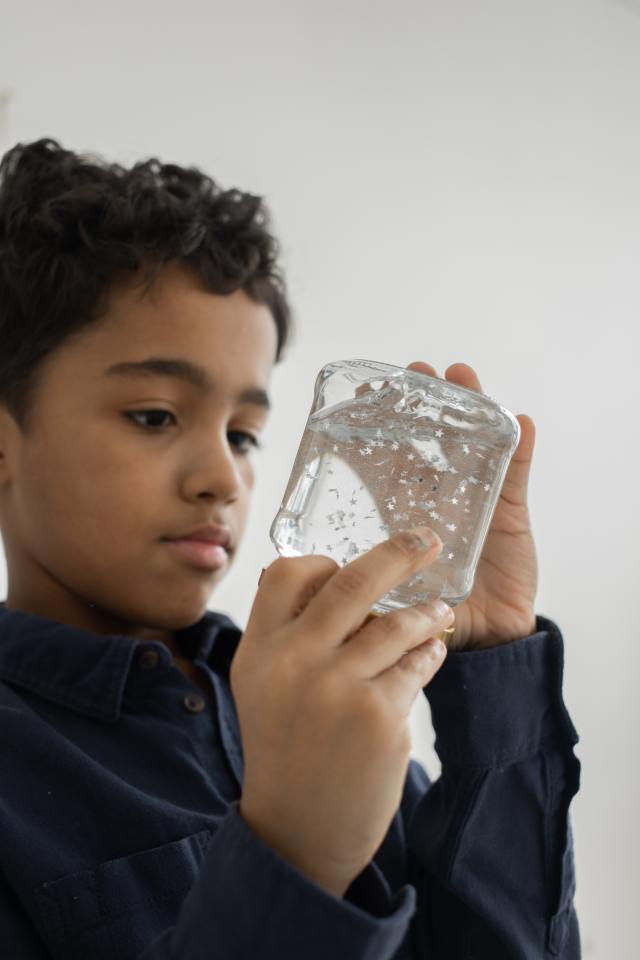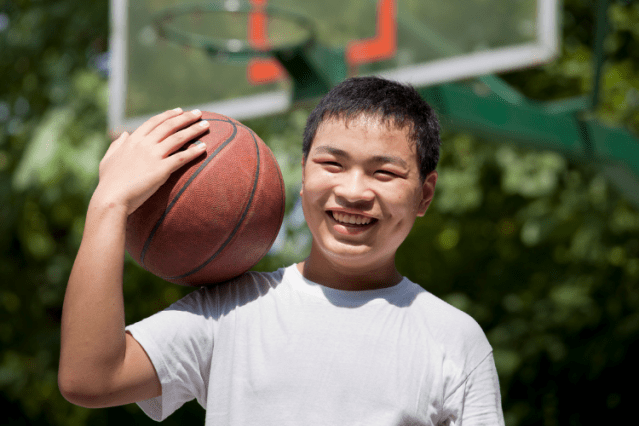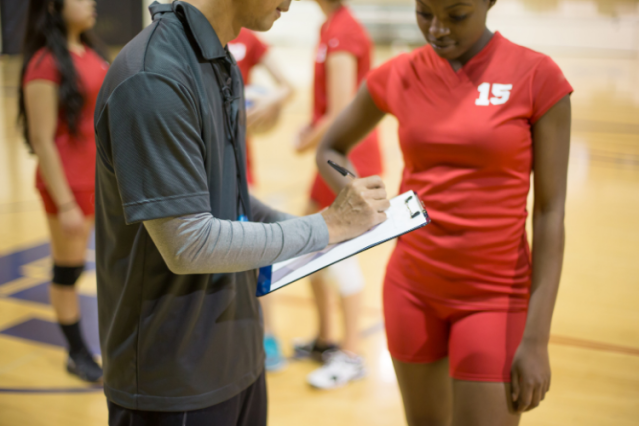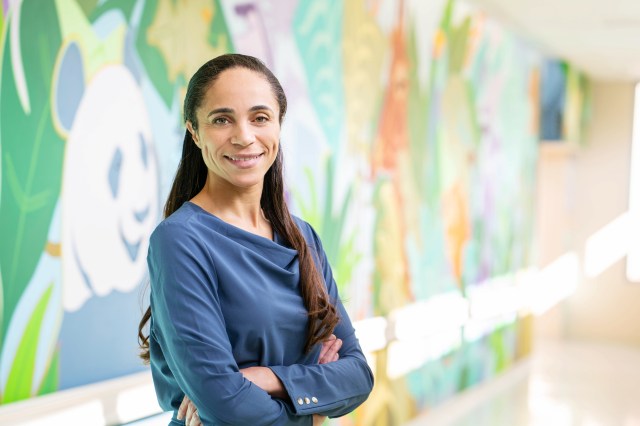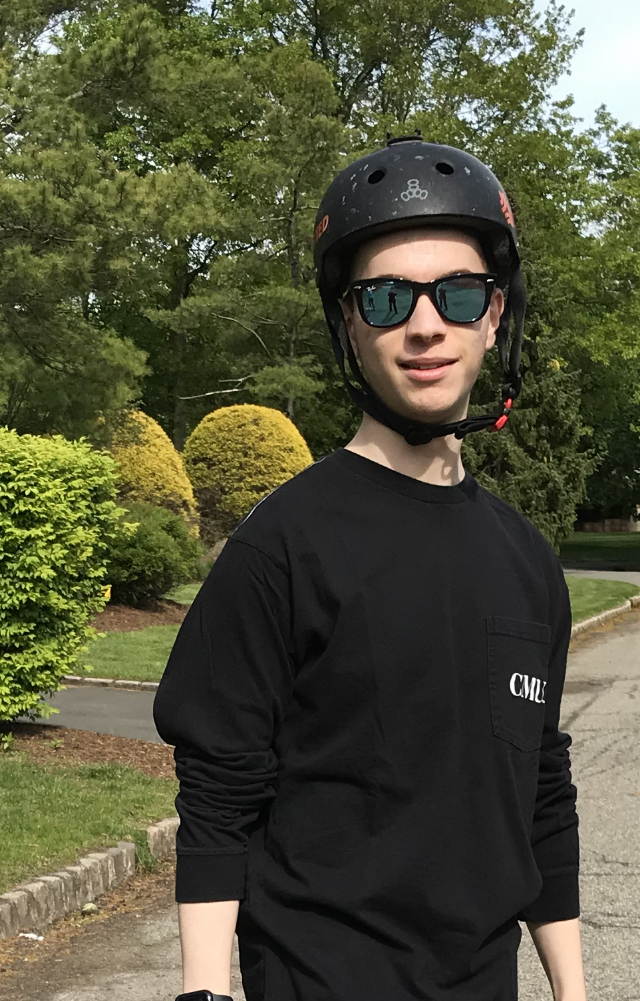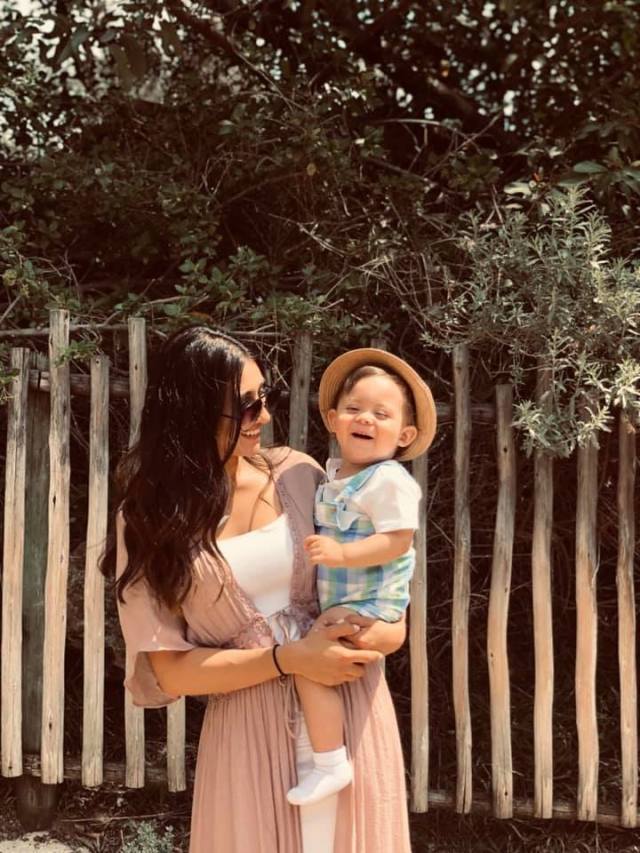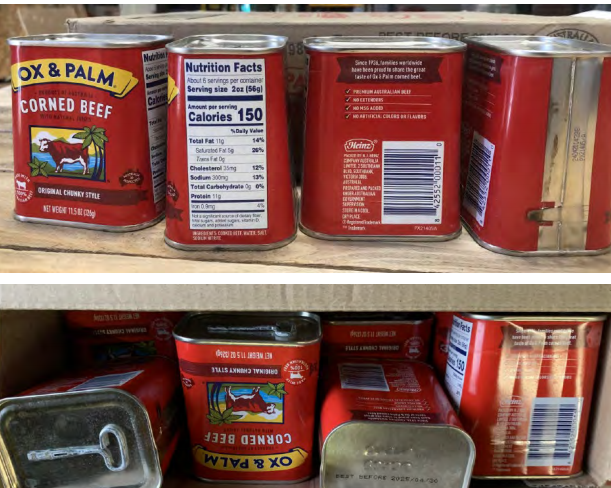#12 is really important
As parents, our greatest wish for our children is for them to be happy, healthy, and confident. Experts agree that curiosity and independent thinking are key ingredients to ensuring the development of these positive character traits; however, there is still often cultural and societal pressure for kids to conform to predetermined ideas and behaviors.
Raising kids who stand up for what they believe in and who march to the beat of their drums can be a delicate balancing act, but it’s essential to fostering a strong sense of self. According to says Carole Kramer Arsenault, a licensed family therapist, and founder and CEO of Boston Baby Nurse, “Independent thinking children develop higher levels of confidence and have increased self-esteem. Children who are independent thinkers use their own experiences to interpret the world instead of believing everything they are taught by parents, teachers, society, etc.”
We asked child behavior and early education experts for their advice on how to foster confidence and independent thinking in any child. Here are their 12 best tips for raising an independent thinker.
1. Model and share the behaviors, values, and ideals you want your independent kid to possess.
Modeling and sharing with your child what you believe and what you value—early and often—will ensure that she grows up with a solid ideological foundation as she develops her sense of self. “Parents who communicate what they value with their children raise children who value communicating with their parents,” says Mica Geer, an American early education specialist based in Stuttgart, Germany. Geer adds that it’s a two-way street and parents also need to hear what their children value, too. “It may seem like the ramblings of a child, but when a kid is sharing her thoughts, parents need to really listen.”
2. Let children know that failure is an essential part of learning and growing.
Young children are like sponges: they’ll absorb virtually everything around them. Encouraging kids to learn through their failures instead of giving up when things get tough will empower them in the long run. According to the Child Mind Institute, a nonprofit organization that supports families and children coping with mental illness and learning disabilities, “trial and error is how kids learn, and falling short on a goal helps kids find out that it’s not fatal.” By learning to embrace a misstep, a child may be spurred to put in the extra effort the next time, learning a valuable lesson.
3. Expose your child to different cultures, foods, and multicultural/multiethnic experiences.
“Encouraging your child to play and interact with other kids from all cultural and ethnic backgrounds and diverse socio-economic circumstances can open a child’s mind to different worldviews and opinions,” says Kramer Arsenault. Early exposure to the wider world—to different cultures, people, and even food—teaches a child that the world is vast and open to lots of possibilities.
Related: 10 Things That’ll Help You Raise Resilient Kids
4. Instead of simply pushing independence, encourage self-reliance.
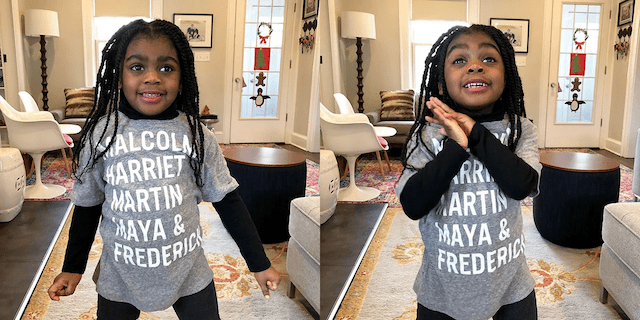
Dr. Jim Taylor, a San Francisco-based psychologist, says becoming an independent thinker is achieved through the pursuit of self-reliance. “As human beings, we are social creatures incapable of being truly independent. Instead of raising independent children, I want you to raise self-reliant children.” Dr. Taylor defines self-reliance as “confident in your own abilities and able to do things for yourself.” For children, that means encouraging the development of essential life tools that include cognitive, emotional, behavioral, interpersonal, and practical skills.
5. Tell your kids that practice makes perfect—or at least makes pretty great.
While experts agree that there’s no one-size-fits-all approach to instilling confidence and independence in children, most recognize that values can and do change with time, age, and experience. The Center for Parenting Education provides useful resources for helping parents raise caring, responsible, resilient children, including practical exercises that parents and children can work on together to share and explore their basic life values.
6. Allow your kids to act their age.
One of the greatest and longest-lasting gifts a parent can give to a child is confidence. However, a parent can undermine a child’s confidence by creating expectations that are unrealistic or not age-appropriate. Carl Pickhardt, a psychologist, and author of 15 parenting books says, “When a child feels that only performing as well as parents is good enough, that unrealistic standard may discourage effort. Striving to meet advanced age expectations can reduce confidence.” Instead, he says parents should celebrate accomplishments big and small as well as encourage children to practice skills to build competence.
Related: I’m Raising My Kids to Be Financially Responsible & Independent. You Can, Too
7. Define and set clear boundaries for your child.
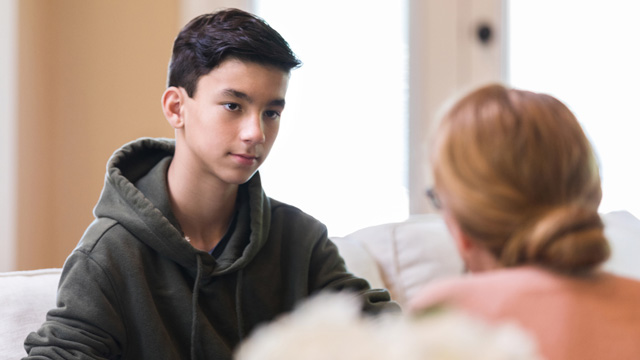
It may seem counter-intuitive, but defining and establishing clear boundaries and expectations will help a child feel a greater sense of independence and confidence. According to Geer, “reasonable boundaries that are based in logic and frequently reinforced actually do more to encourage kids than constantly changing expectations.” She adds that parents sometimes equate expectations with limitations, but kids always are looking for things that make them feel safe and in a safe environment to build their own ideas.
8. Give your child the space to grow, learn and explore.
Younger children especially are trying to assert their independence in ways that may come across as defiant or disorderly to some parents. But experts caution not to overreact or jump in to correct too quickly. “Research shows that parents who are over-involved in an activity that a child is doing, who take over, those kids don’t develop a sense of pride, adventure, and willingness to try new things,” says Dr. Linda Acredolo, professor emeritus of psychology at the University of California at Davis. Instead, Dr. Acredolo says children need the space to try—and fail on their own to learn and move forward.
9. Give responsibilities to your child at an early age.
Whether it’s simple household duties like taking out the trash or doing the dishes, assigning chores to children can give them a sense of accomplishment as well as set them up for understanding that seeing through the completion of tasks is essential throughout life and part of being a successful person. “By making them do chores… they realize, ‘I have to do the work of life in order to be part of life,’ ” says Julie Lythcott-Haims, a former Stanford University dean and the author of How to Raise an Adult.
Related: 10 Ways to Help Boost Your Kid’s Confidence
10. Encourage your child to ask questions and share their opinions.

Rather than enforcing your own perspective or dismissing your child’s questions, encouraging your child to question things and share their opinions and genuinely listen will help them gain confidence in their ideas. “This shows the child that his viewpoints matter. Parents should engage in actively listening to what their child has to say. When a child feels listened to he feels valued,” says Kramer Arsenault. And feeling valued will enhance your child’s self-esteem and confidence.
11. Teach children that they have agency over their minds and bodies.
Children rely on so much from their parents and caregivers when they are young, but as they transition from childhood into adolescence, one of the most important lessons they need to learn is that they have agency over their minds and bodies. Parents can help facilitate the transition of their children’s dependence to greater independence by ensuring that their kids know the choices they make have consequences. The Center for Parenting Education has a helpful resource for helping parents and children navigate effective discipline and consequences.
12. Trust your kids.
According to Dr. Jim Taylor, there are two kinds of children: independent and contingent. Contingent children are dependent on others for how they feel about themselves, while independent children are intrinsically motivated to achieve. Trusting that your child has learned the right lessons will allow him or her to flourish in their independence. “If your children are independent, you have provided them with the belief that they are competent and capable of taking care of themselves. You gave your children the freedom to experience life fully and learn its many important lessons,” says Dr. Taylor.








